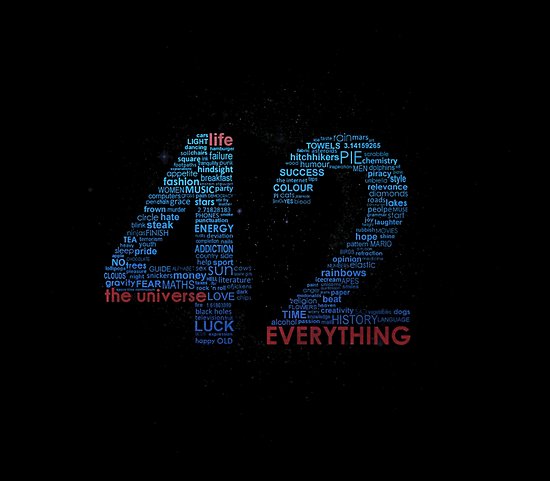
Meaning in its narrow definition is crucial to our communications. In normal use words and sentences are primarily used for their meaning. Although in art we might use language for its sound, in normal writing or conversation we use it it to communicate a thought, an intent, an observation, or a request.
Language is shared. A key component of learning the language is not just about the sound of the words or the grammar ruling its assembly, but what its shared meaning is both in the word’s denotation as well as it connotation. It is based on the assumption that there is a shared reality and a shared set of internalized models of that reality.
But this is not really what I want to write about.
I want to talk about the word meaning with another connotation such as the “meaning of life, the universe, and everything.”
This kind of question is interesting and probably uniquely human. It is a meta level inquiry that moves the question of meaning to something that has this at its core and purpose – language – and applies it to a process or thing that as far as language is concerned has no other relevancy beyond its existence.
Life and the universe simply are as is everything.
As humans we see purpose and, by abstraction, meaning in our creations. The purpose of a hammer is to fasten a nail. Nailing is what makes a hammer’s existence meaningful.
But we also translate the same process to stuff that is simply there and cannot be easily explained – life, the universe, a sudden illness, or death.
We wonder, what’s the point? But there is no point.
It’s one of the reasons we invented religions. It’s a subject of philosophy.
But in the end this kind of meaning is only meaningful to each of us personally. There can never be any proof for the “meaning of life, the universe, and everything.”
